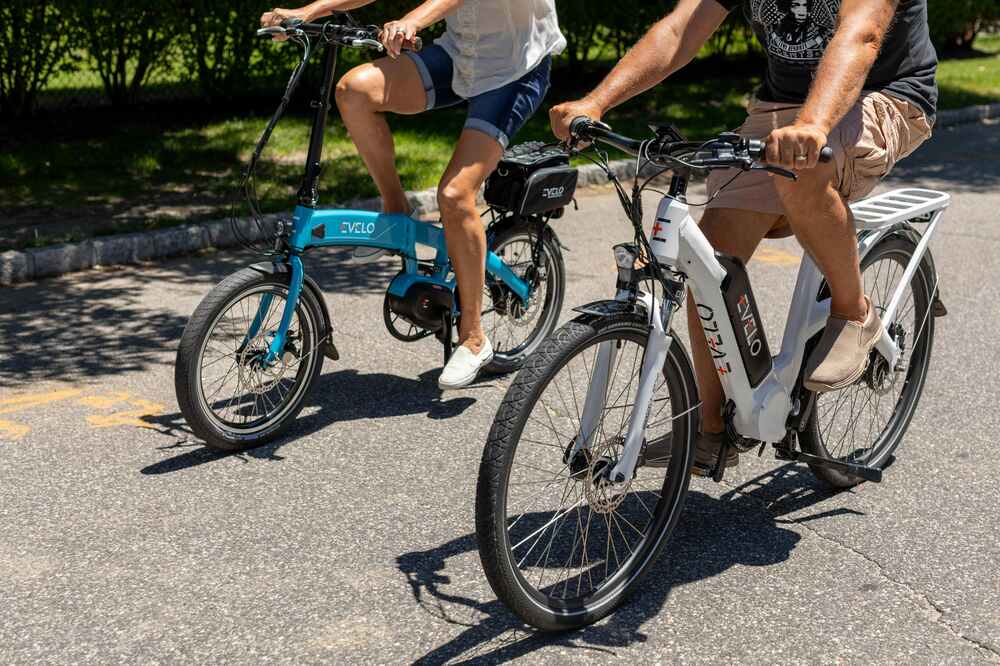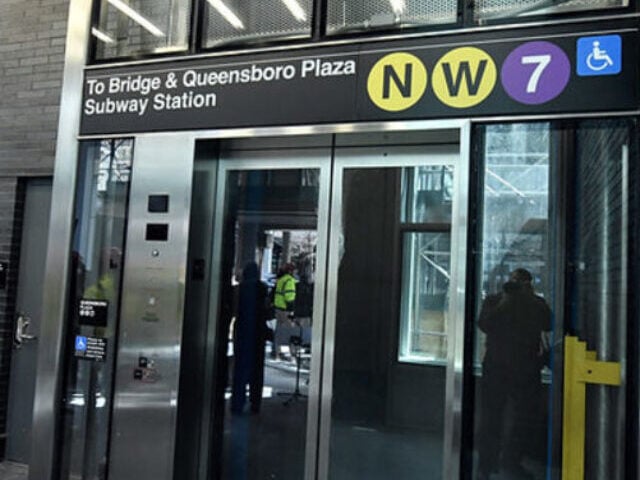Transport for London (TfL) has implemented a ban on all non-folding e-bikes across most of its services as of March 31, 2025. The ban affects the London Underground (Tube), London Overground, Elizabeth line, and Docklands Light Railway (DLR), making TfL the first UK transport operator to enforce such restrictions.
The ban extends to standard bicycles converted to e-bikes using aftermarket kits. Only folding e-bikes remain permitted on these services, as TfL believes they present a lower safety risk.
Why the Ban?
The decision follows several incidents where e-bikes caught fire on London’s transport network, including a significant incident at Rayners Lane station in February 2025 when an e-bike exploded on the platform.
Safety data reveals a troubling pattern:
- 143 e-bike fires in London during 2023
- 142 e-bike fires in 2024
- 14 e-bike fires in January 2025 alone
- Between 2022-2024, 401 e-bike and e-scooter fires resulted in 120 injuries and 3 deaths
London Fire Brigade Deputy Commissioner Charlie Pugsley noted: “Across London we have been seeing an e-bike or e-scooter fire every other day, on average, and we have particular concern about the risk posed by conversion kits or modified e-bikes. When these fires occur, they can be sudden, incredibly ferocious and produce smoke that is extremely toxic.”
Where Can You Still Take Non-Folding E-bikes?
Non-folding e-bikes remain permitted on:
- The Woolwich Ferry
- River services (subject to operator policies)
- Coach services (subject to operator policies)
- The new Silvertown Tunnel Cycle Shuttle Service (launching April 7, 2025)
E-bikes were already prohibited on buses, trams, and the IFS Cloud Cable Car before this ban.
Similar Posts
Enforcement and Penalties
TfL has deployed 450 uniformed enforcement officers across the network to ensure compliance. Those who violate the ban may be:
- Refused entry
- Directed to leave the network
- Fined up to £1,000 if prosecuted under TfL bylaws
Industry and Expert Response
The ban has drawn mixed reactions. Ben Mercer, marketing director at Leisure Lakes Bikes, supported the decision: “There’s no doubt that this is the right call, to ensure customer and staff safety on the transport network and to work towards building a safer London.”
However, cycling trade organizations like the Bicycle Association and the Association of Cycle Traders expressed disappointment that users of safe, legal e-bikes are affected by the ban. They’ve called for government intervention to ensure app-based delivery services use only certified e-bikes and for stricter regulations on potentially unsafe conversion kits and batteries.
Tube unions including Aslef, RMT, and TSSA had pushed for the ban following safety incidents. Finn Brennan, Aslef’s organizer on the Underground, said: “We welcome this announcement as a step in the right direction.”
Why Are Lithium-Ion Batteries Problematic?
The primary safety concern stems from the lithium-ion batteries that power e-bikes. These batteries can experience “thermal runaway” – a chain reaction where the battery generates excessive heat that can lead to fires and even explosions. Modified e-bikes with aftermarket batteries pose a particularly high risk because they may use incompatible or substandard components.
The London Fire Brigade has launched a #ChargeSafe campaign to educate the public on safe charging and storage practices for e-bikes, while continuing to work with the government to improve regulations.

Mayor of London Sadiq Khan emphasized: “The safety of Londoners is my top priority and, while most e-bikes are safe, there have been a small number of incidents where non-foldable e-bikes have caught fire on the transport system, which have caused me great concern.”
TfL has stated it will keep the ban under review, pending any future measures to improve product safety standards for e-bikes.
Frequently Asked Questions
All non-folding e-bikes are banned on the London Underground (Tube), London Overground, Elizabeth line, and DLR. This includes standard bicycles that have been converted to e-bikes using aftermarket kits. Folding e-bikes are still allowed as they’re considered less likely to have been modified and therefore pose a lower safety risk.
TfL implemented the ban after several incidents where e-bikes caught fire on the transport network, including a serious incident at Rayners Lane station in February 2025. London has experienced a troubling number of e-bike fires: 143 in 2023, 142 in 2024, and 14 in January 2025 alone. The lithium-ion batteries in e-bikes can experience “thermal runaway” – a dangerous chain reaction that leads to fires and toxic smoke.
Yes, you can still take non-folding e-bikes on the Woolwich Ferry, river services (subject to operator policies), coach services (subject to operator policies), and the new Silvertown Tunnel Cycle Shuttle Service launching April 7, 2025. E-bikes were already prohibited on buses, trams, and the IFS Cloud Cable Car before this ban.
TfL has deployed 450 uniformed enforcement officers across the network to ensure compliance with the ban. If you attempt to bring a non-folding e-bike onto restricted services, you may be refused entry, directed to leave the network, or fined up to £1,000 if prosecuted under TfL bylaws.
Folding e-bikes are still permitted because TfL believes they present a lower safety risk. According to TfL, folding e-bikes are less likely to have been modified with aftermarket conversion kits due to their specific shape, size, and mechanical constraints. TfL also noted that they are not aware of any reports of folding e-bike fires in London.
TfL has stated the ban will remain in place “until improved product safety measures are in place for converted cycles, batteries and chargers.” They recognize the important role of e-bikes for London’s transportation future and will keep the changes under review. TfL is working with the government and the London Fire Brigade to improve e-bike safety standards, suggesting the ban could potentially be lifted or modified if safety concerns are addressed.














![Representative Image: European Starling [49/366]. Photo Source: Tim Sackton (CC BY-SA 2.0)](https://www.karmactive.com/wp-content/uploads/2025/04/Starlings-Drop-82-in-UK-Gardens-as-Birdwatch-2025-Reveals-Record-Low-Count-Since-1979-720x480.jpg)



